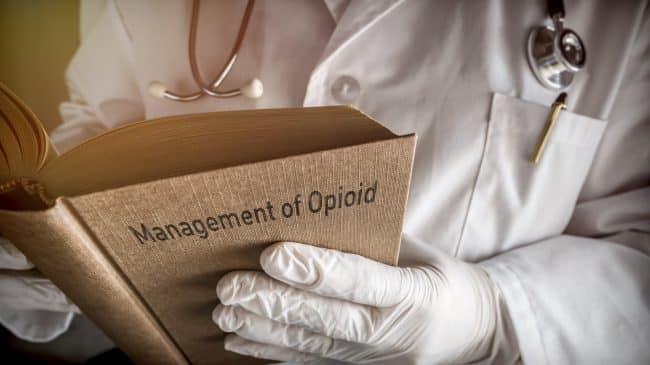In a time when fatal drug overdoses have become normal, saving lives is of utmost importance. Although the Drug Enforcement Administration has increased enforcement since its creation in 1973, drug use has remained unchanged and drug overdose deaths have increased more than 600 percent — a fact that brings into question the effectiveness of our laws. The government’s role in these phenomena is contested, but something that isn’t is the fact that drug-checking kits save lives. Colorado is now poised to legalize them and other states have a moral obligation to follow suit.
Drug-checking kits contain various tools to check drugs to ensure they are pure and not laced with anything dangerous. Currently, most states outlaw drug-checking kits because they are almost exclusively used by drug users. But drug paraphernalia laws only exist to reduce drug use and keep communities safe, and neither argument applies to drug-checking kits. In fact, subjecting drug users to mysterious black market drugs does just the opposite.
Maryland and Washington, D.C. are the latest places to remove drug-checking kits from their lists of illegal drug paraphernalia, and Colorado will soon join them. With synthetic opioid panics and stories regarding other contaminated drugs dominating the news, the technology that allows users to test the type and potency of substances could be the difference between death and life, allowing them another day to seek treatment.
Of course, there’s no regulation in the illegal drug industry, so it’s almost never clear what you’re actually getting when you purchase drugs. Someone attempting to buy LSD (or “acid”), for example, might end up with mint strips from the local pharmacy instead. A user could request methamphetamine, but actually end up with a substance cut with hydrochloric acid, which is never safe to consume. Some adulteration is harmless, but often it’s incredibly deadly.
Consider the case of cocaine, a drug that Americans have used consistently for years. Despite stable rates of consumption, cocaine-related overdose deaths increased more than 33 percent between 2016 and 2017. But that’s only because deaths involving cocaine are hardly ever due to the cocaine itself — they’re usually caused by fentanyl, a cheap synthetic opioid that’s about 50 times stronger than heroin and used to boost profit on cocaine sales.
After law enforcement started successfully seizing increasing amounts of heroin, traffickers sought to market a new product with a higher concentration to more easily conceal it and fentanyl was the perfect drug. Now that it’s flooding the United States mail system, the deadly synthetic opioid is finding its way into almost every black-market drug. Indeed, fentanyl was found in 52 percent of cocaine-related overdoses in 2017, but it doesn’t have to be this way.
There are legitimate ways to test for the presence of fentanyl and other adulteration in drugs. The only problem is that the tests are illegal and many users won’t bother with the inconvenience of illegally testing their drugs since paraphernalia is often used by prosecutors to increase punishment.
No matter what your position on the war on drugs, everyone should welcome innovations that can save lives. It’s inevitable that many people with addictions will continue consuming drugs regardless of the law, but when they do, we need to keep them alive so they can receive treatment later.
Drug-checking kits, like fentanyl testing strips, can prevent people from unknowingly consuming dangerous foreign substances and only enhance public health. They should be embraced by Colorado and other states that recognize our current approach to the war on drugs has been a tragic failure.
The article was co-written by Molly Davis, a policy analyst at the Libertas Institute.
This column originally appeared in the Pueblo Chieftain.

